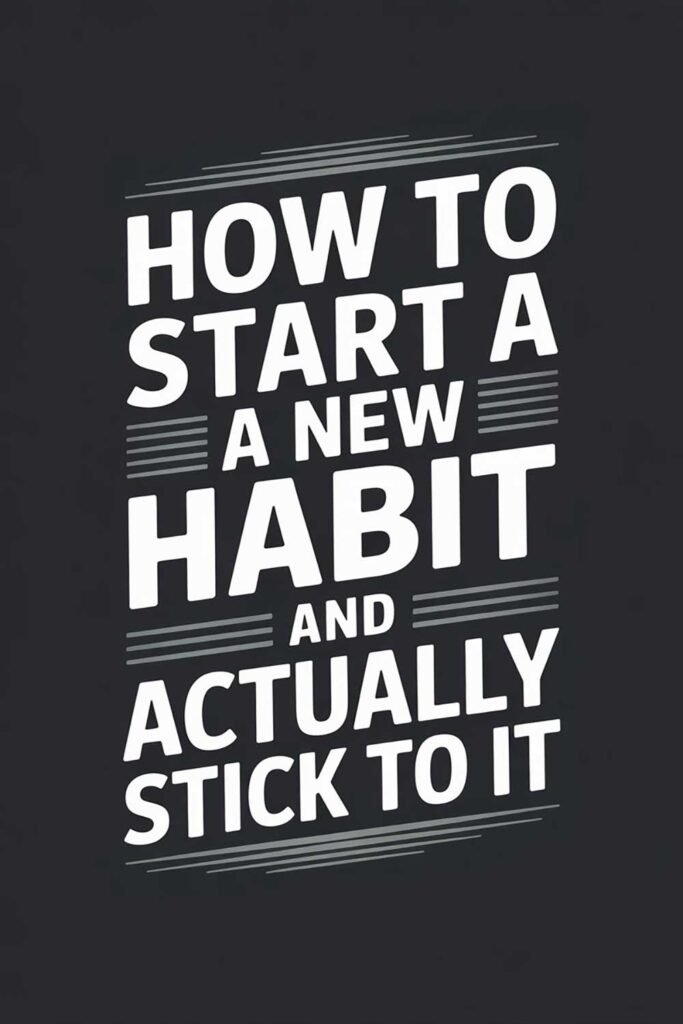7 Budgeting Methods to Find the One That Works for You
Budgeting is one of the most powerful tools for financial success. But let’s be honest—not every budgeting method works for everyone. The key to making budgeting stick is finding the approach that fits your lifestyle, mindset, and goals. Whether you’re a visual learner, someone who hates spreadsheets, or a detail-oriented planner, there’s a budgeting method that can work for you.

In this article, we’ll break down seven popular budgeting methods, provide real-life examples of people using them successfully, and help you figure out which one is best for your unique situation.
1. Zero-Based Budgeting (ZBB)
What It Is:
Every dollar you earn is assigned a job—whether it’s paying bills, saving, or investing. At the end of the month, your income minus your expenses equals zero.
Real-Life Example:
Natalie, a graphic designer, uses ZBB with an app like EveryDollar. She budgets down to the last cent and loves how in control she feels. Her savings have doubled in a year.
Best For:
People who want total control and accountability over their money.
Pro Tip:
Update your budget weekly to stay on top of variable expenses.
2. The 50/30/20 Rule
What It Is:
This method splits your income into three buckets: 50% for needs, 30% for wants, and 20% for savings or debt repayment.
Real-Life Example:
James, a newlywed teacher, found this method great for setting boundaries without overcomplicating his finances. It helped him and his wife save for their first home.
Best For:
Budgeting beginners or those who want a straightforward, flexible approach.
Pro Tip:
Use this as a guideline, not a strict rule—you can shift percentages based on your lifestyle.
3. Envelope System (Cash Envelope Budgeting)
What It Is:
You divide your spending money into physical envelopes labeled by category (groceries, gas, etc.). When the envelope is empty, you stop spending.
Real-Life Example:
Lisa, a busy mom of three, used cash envelopes to eliminate her impulse spending. She paid off $12,000 in credit card debt in just 18 months.
Best For:
People who overspend with cards or want to limit discretionary spending.
Pro Tip:
Use digital “envelopes” through apps if you don’t want to carry cash.
4. Pay-Yourself-First Budgeting
What It Is:
Before you spend a dime, you allocate money to savings and investments. Whatever is left goes to expenses.
Real-Life Example:
Chris started automatically transferring 15% of his paycheck to a Roth IRA and emergency fund. He adjusted his lifestyle around what was left—and didn’t miss the money.
Best For:
Those focused on saving aggressively and building long-term wealth.
Pro Tip:
Automate your savings so it happens before you’re tempted to spend.
5. The Anti-Budget (Minimalist Budgeting)
What It Is:
Instead of tracking every expense, you focus on saving a set amount and spend the rest however you want.
Real-Life Example:
Jen, a freelancer with variable income, found peace of mind by setting a monthly savings goal. She doesn’t track every coffee purchase but hits her savings target.
Best For:
People who hate tracking expenses and want simplicity.
Pro Tip:
Start with a 20% savings target and increase it over time.
6. The Priority-Based Budget
What It Is:
You build your budget around your goals and values—whether it’s paying off debt, travel, or early retirement.
Real-Life Example:
Aiden and Michelle cut back on restaurant dining to fund a year-long trip abroad. They rearranged their budget to reflect what truly mattered to them.
Best For:
Goal-oriented individuals who want their money to reflect their lifestyle values.
Pro Tip:
List your top 3 priorities and build your budget to serve them first.
7. The Hybrid Budget
What It Is:
A combination of two or more budgeting styles. For example, you might use zero-based budgeting for fixed expenses and the envelope system for variable ones.
Real-Life Example:
Maria uses 50/30/20 as her framework but tracks her discretionary spending with envelopes. It’s helped her stay within budget while saving more consistently.
Best For:
People who like to customize their system or can’t commit to just one method.
Pro Tip:
Mix methods in a way that supports your goals without overwhelming you.
How to Choose the Right Budgeting Method for You
Ask yourself:
- Do I like detailed tracking or simplicity?
- Am I trying to pay off debt, save more, or get organized?
- Do I prefer cash, cards, or digital tools?
- How much time am I willing to dedicate each week?
There’s no one-size-fits-all. You may need to try a couple of methods before finding what sticks. The best budget is the one you’ll actually follow consistently.
🌟 20 Quotes About Budgeting and Money Management
- “A budget is telling your money where to go instead of wondering where it went.” – Dave Ramsey
- “Do not save what is left after spending, but spend what is left after saving.” – Warren Buffett
- “Budgeting isn’t about limiting yourself; it’s about making the things that excite you possible.” – Unknown
- “Success is not about how much money you make, but how well you manage it.” – Unknown
- “Your budget is your plan. Without one, you’re guessing.” – Unknown
- “The goal isn’t more money. The goal is living life on your terms.” – Chris Brogan
- “A penny saved is a penny earned.” – Benjamin Franklin
- “Every dollar you save is a seed of financial freedom.” – Unknown
- “Budgeting is the first step toward financial independence.” – Unknown
- “The secret to wealth is simple: live below your means and invest the rest.” – Unknown
- “Financial freedom is not about having more money; it’s about having more choices.” – Unknown
- “If you don’t control your money, your money will control you.” – Unknown
- “A simple budget can lead to extraordinary results.” – Unknown
- “The best budget is the one that works for you.” – Unknown
- “Track every dollar, and you’ll discover where your dreams are leaking.” – Unknown
- “Discipline with money today leads to freedom tomorrow.” – Unknown
- “What gets measured gets managed.” – Peter Drucker
- “Living on a budget doesn’t mean you’re broke. It means you’re smart.” – Unknown
- “Money flows where your attention goes.” – Unknown
- “Be intentional with your money, and your future self will thank you.” – Unknown
💭 Picture This
Imagine waking up with peace of mind, knowing your bills are paid, your savings are growing, and every dollar has a purpose. No guilt at checkout, no surprise overdrafts, no fear when you check your bank app. Just clarity, control, and confidence.
That’s what the right budgeting method can do for you. Whether you’re managing a single income, a growing family, or chasing big dreams, there’s a system out there that fits your flow.
What would life feel like if your money was finally working for you?
📬 Share This Article
If you found this guide helpful, please share it with someone who might benefit from finding the budgeting method that fits their life. A small change in how they manage money could lead to a big change in their future.
⚠️ Disclaimer
This article is based on personal finance principles, real-life examples, and public knowledge. It is not intended as financial advice. Always consult with a certified financial advisor before making any major financial decisions.






